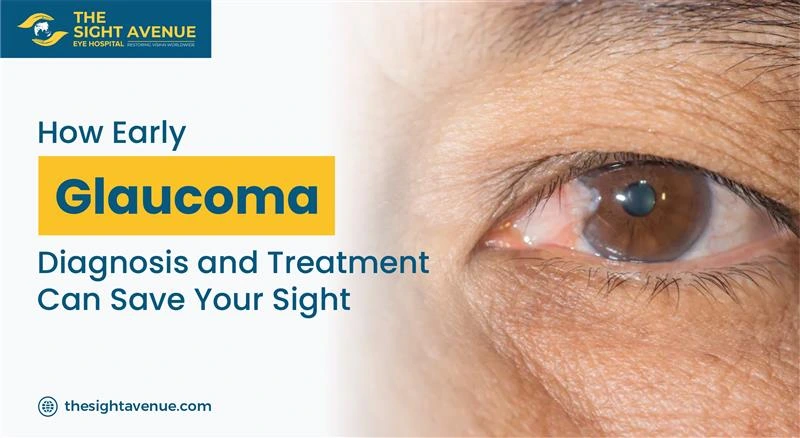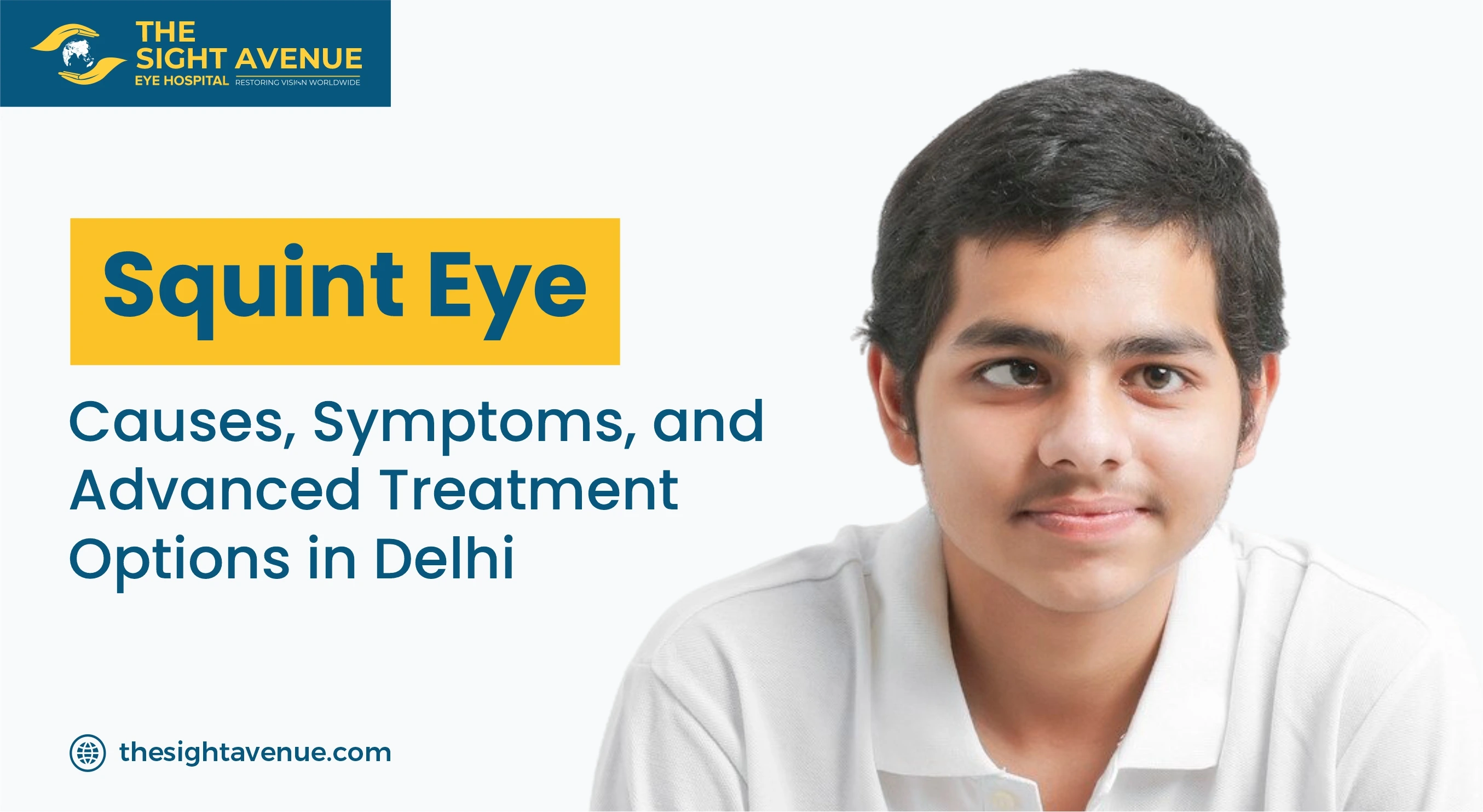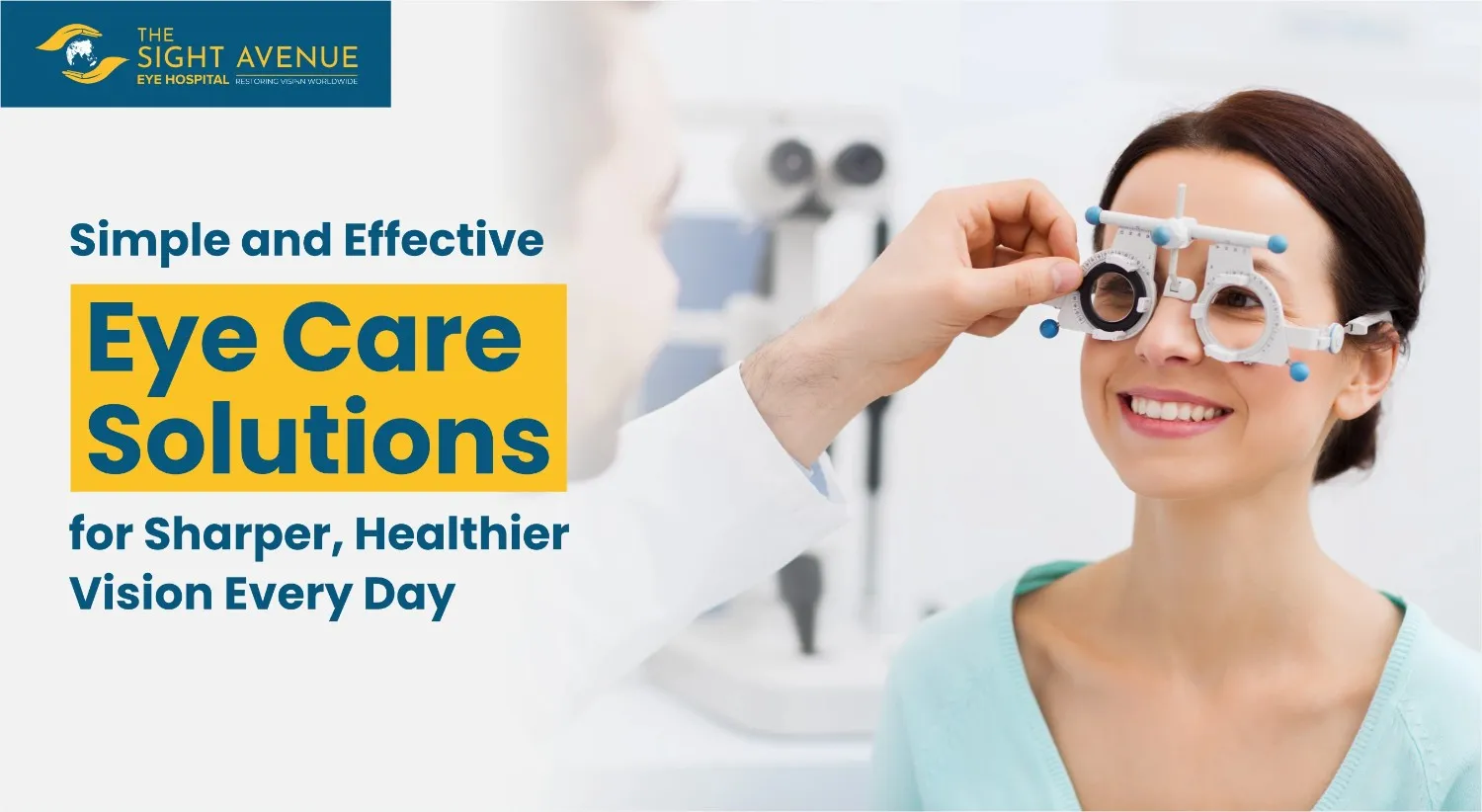All You Need to Know About Eye Twitching

Eye Twitching, also known as Myokymia, is a common condition that causes involuntary movements or spasms of the eyelid muscles. Though often harmless, it can sometimes be annoying or even a sign of underlying health issues. This blog explores the causes, symptoms, and treatments of eye twitching in detail, along with practical prevention tips.
What is Eye Twitching?
Eye twitching refers to repetitive, involuntary muscle contractions in the eyelid, typically affecting the upper lid. It usually occurs without warning and lasts for a few seconds to minutes. In most cases, eye twitching is harmless and resolves on its own, but persistent or severe twitching may require medical attention.
Common Causes of Eye Twitching
Several factors can trigger or exacerbate eye twitching. Here are some of the most common causes of eye twitching:
- Stress: A leading trigger, stress can cause involuntary muscle spasms, including in the eyelid.
- Fatigue: Lack of sleep often leads to eyelid twitching as the muscles struggle to stay rested.
- Caffeine or Alcohol Intake: Excessive consumption of stimulants like coffee or alcohol can irritate the nerves and muscles.
- Eye Strain: Spending long hours in front of digital screens can cause strain, leading to twitching.
- Dry Eyes: Inadequate moisture in the eyes can irritate the eyelids, triggering twitching.
- Allergies: Eye irritation due to allergies may cause spasms.
- Nutritional Deficiency: A lack of essential nutrients like magnesium may contribute to twitching.
Understanding the major causes of eye twitching is key to managing the condition effectively.
Related Blog: 6 Helpful Exercises to Enhance Your Eye Muscles
Symptoms of Eye Twitching
Eye twitching presents itself in various ways, depending on its severity:
- Mild Twitching: Involves slight, rhythmic movements of the eyelid, typically unnoticed by others.
- Severe Twitching: Affects the entire eyelid or eye area, causing discomfort and visibility.
- Persistent Twitching: When the spasms last for weeks or recur frequently, they may interfere with daily activities.
- Associated Symptoms: In rare cases, twitching may accompany redness, swelling, or sensitivity to light.
Identifying the type and frequency of symptoms for eye twitching can help in determining the next steps.
Related Blog: How To Remove Spectacles Permanently
When to Seek Medical Attention
Although eye twitching is generally harmless, certain signs indicate the need for medical intervention:
- Prolonged Duration: If the twitching persists for more than two weeks.
- Involvement of Other Facial Muscles: Spasms affecting the entire face or other areas.
- Eye Closure Issues: Difficulty in opening or closing the eyelid fully.
- Pain or Vision Problems: Twitching accompanied by vision changes or discomfort.
These symptoms may indicate underlying conditions like blepharospasm or neurological disorders.
Related Blog: Astigmatism: Why you should go for regular eye check up ?
Treatments for Eye Twitching
Eye twitching usually resolves on its own, but if the condition persists, several treatments are available:
a) Home Remedies:
- Manage Stress: Follow the method of yoga or meditation to reduce stress.
- Get Adequate Sleep: Aim for 7–8 hours of restful sleep each night.
- Limit Caffeine and Alcohol: Reducing stimulant intake can calm the nerves.
- Use Warm Compresses: A warm cloth on the eyelid helps relax the muscles.
b) Medical Treatments:
- Eye Drops: Artificial tears can relieve dryness and irritation
- Botox Injections: Used for severe cases, Botox relaxes the eyelid muscles.
- Medication: Muscle relaxants or anti-seizure drugs may be prescribed for chronic conditions.
Consulting an eye care professional is crucial for eye-twitching treatment.
Preventing Eye Twitching
Simple lifestyle changes can help prevent eye twitching and promote overall eye health:
- Take Screen Breaks: look at something 20 feet away for 20 seconds every 20 minutes.
- Stay Hydrated: Drink plenty of water to keep the eyes moist.
- Eat a Balanced Diet: Use a magnesium-rich diet that includes nuts, seeds, and leafy greens.
- Wear Protective Eyewear: Use blue light-blocking glasses while working on screens.
- Reduce Stress Levels: Incorporate stress-busting activities into your routine.
Prevention is always better than cure, especially for recurring twitching.
Related Blog: How Can Squint Eye Exercises Help In Improving Vision?
Living with Eye Twitching
For those dealing with frequent or chronic twitching, adopting coping strategies can help:
- Track Triggers: Keep a journal to identify what exacerbates your symptoms.
- Seek Support: Join forums or groups for individuals experiencing similar issues.
- Adopt Eye-Friendly Habits: Regular eye exercises and proper ergonomics can minimize strain.
By addressing the condition proactively, you can lead a comfortable and twitch-free life.
Conclusion: Keep Your Eyes Healthy
Eye twitching, while typically benign, can be bothersome if left unmanaged. Recognizing its causes and symptoms is essential for effective treatment and prevention. Incorporate healthy lifestyle habits and consult a specialist if twitching becomes persistent or severe.
Are you experiencing frequent eye twitching? Schedule an eye exam with a trusted specialist at The Sight Avenue Hospital (the best eye hospital in Gurgaon) to ensure your eye health is on the right track. Don’t let small spasms disrupt your vision and peace of mind!
Eye problems? Searching for an eye specialist near me in Delhi NCR? The Sight Avenue has 5 eye clinics in Delhi NCR. Contact us today!
Eye Hospital in Delhi
- The Sight Avenue
- The Sight Avenue
- The Sight Avenue
E-82-A, Ground Floor, Hansraj Gupta Rd, Greater Kailash I, New Delhi, Delhi 110048
Email:enquiry@thesightavenue.com
Tel : 011-4666 0666
Mob : +91-8883330799
Fortis Hospital, Escorts Okhla, New Delhi
Fortis Hospital, Vasant Kunj, New Delhi
Recent Post





